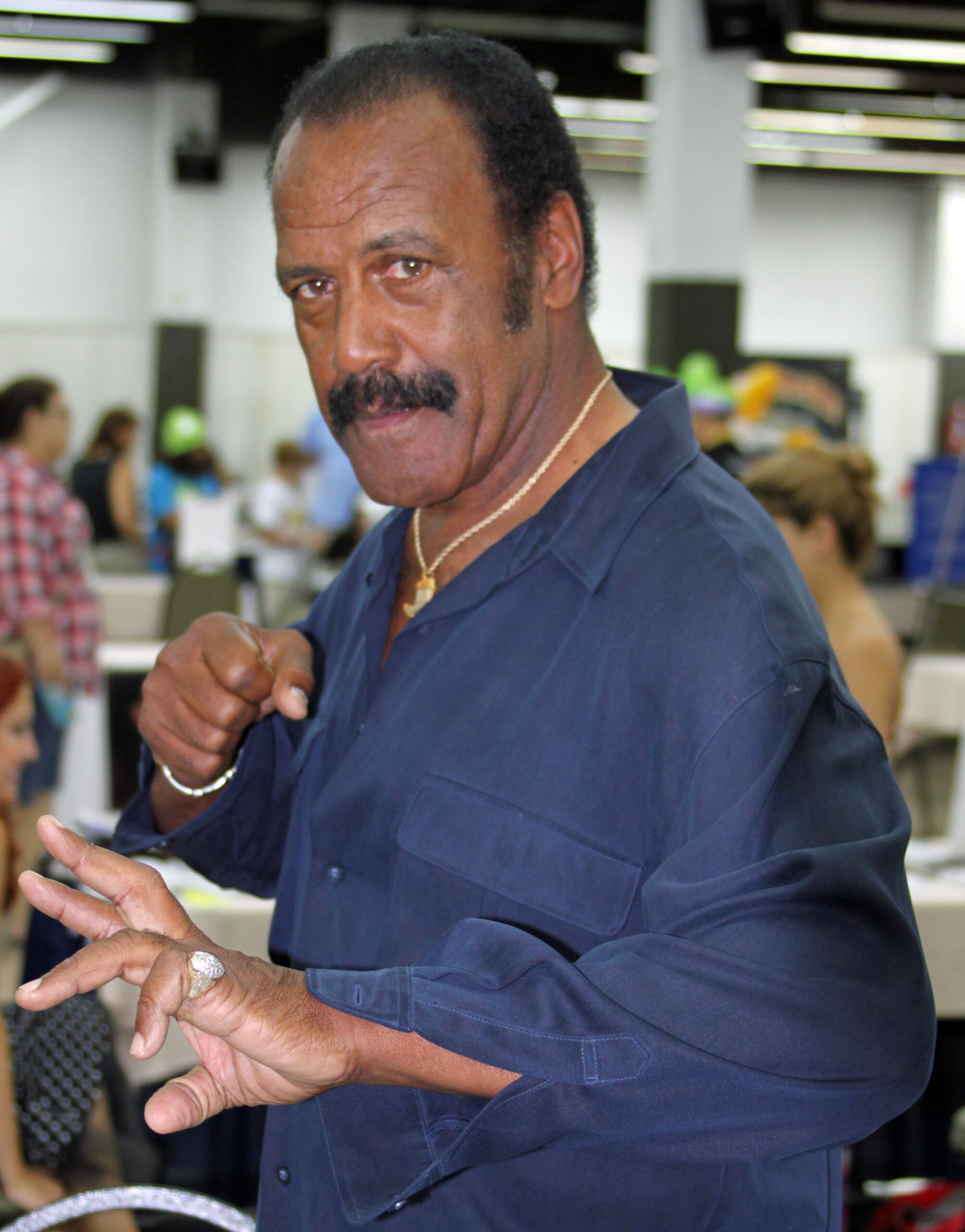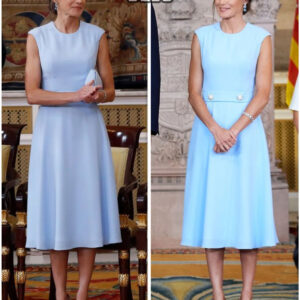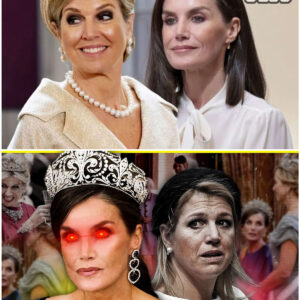Fred Williamson Accuses Oprah Winfrey of Allegedly Manipulating Black Men for Elite Interests
In a stunning revelation that has sent shockwaves through Hollywood and beyond, Fred Williamson, the iconic actor and former football player, has made explosive allegations against media titan Oprah Winfrey. Williamson’s claims suggest that Winfrey has been involved in manipulating narratives and influencing the careers of black men in ways that serve elite interests within the entertainment industry. This bold accusation has ignited intense scrutiny, prompting a critical examination of power dynamics, representation, and the impact of media influence on marginalized communities.
Fred Williamson, known for his roles in classic blaxploitation films and his outspoken persona, has emerged as a vocal critic of Oprah Winfrey’s influence in Hollywood. In recent interviews and public statements, Williamson has alleged that Winfrey has wielded her substantial power to control the narratives surrounding black men, particularly those in the entertainment industry. He contends that Winfrey’s actions have perpetuated stereotypes, limited opportunities for authentic representation, and undermined the autonomy of black male artists and performers.
Williamson’s accusations have sparked a contentious debate about the responsibilities of influential figures in shaping cultural narratives and the complexities of navigating fame and power in the media spotlight. His statements have drawn both support and skepticism, reflecting broader concerns about representation and equity within the entertainment industry.
Central to Williamson’s critique is the impact of Winfrey’s alleged actions on black men in Hollywood. He argues that by exerting control over their careers and narratives, Winfrey has influenced how black masculinity is portrayed and perceived in mainstream media. This, in turn, has significant implications for opportunities, stereotypes, and the broader societal perceptions of black men.
The controversy surrounding Williamson’s allegations underscores ongoing debates about diversity, inclusion, and the need for authentic representation in media. Critics of Winfrey’s alleged practices suggest that they may reinforce existing power imbalances and hinder progress toward greater equity and visibility for marginalized voices.
The response to Williamson’s allegations has been polarized, with some applauding his courage to challenge entrenched power structures and advocate for transparency in Hollywood. Supporters argue that his accusations highlight long-standing issues of representation and control within the entertainment industry.

Conversely, critics have questioned the validity of Williamson’s claims, pointing to the complexities of navigating fame, influence, and media portrayals in an increasingly diverse and competitive industry. They caution against oversimplifying the role of influential figures like Winfrey and emphasize the importance of nuanced discussions about systemic inequalities and the evolving landscape of media representation.
As of now, Oprah Winfrey has not publicly responded to Fred Williamson’s specific allegations. Her representatives have issued statements emphasizing her commitment to promoting diversity, empowering marginalized communities, and using her platform for positive social change.
Winfrey’s defenders argue that her contributions to media representation and philanthropy have had a transformative impact on cultural narratives and societal perceptions. They highlight her initiatives to support education, empower women and minorities, and amplify voices that are often marginalized in mainstream media.
Beyond the immediate controversy, Fred Williamson’s accusations against Oprah Winfrey raise broader questions about the responsibilities of media influencers and the ethics of representation in entertainment. The debate underscores the complexities of navigating fame, influence, and societal expectations within an industry that shapes global perceptions and cultural norms.

The scrutiny surrounding Winfrey’s alleged handling of black men in Hollywood invites critical reflection on the ways in which power and privilege intersect with race, gender, and identity. It calls for continued dialogue and action to dismantle systemic barriers and promote equitable opportunities for all individuals within the entertainment industry.
Fred Williamson’s accusations against Oprah Winfrey for allegedly manipulating black men to serve elite interests in Hollywood have ignited a contentious debate about power, influence, and representation within the entertainment industry. His bold stance challenges the status quo and prompts critical reflection on the responsibilities of media influencers in shaping cultural narratives and societal perceptions.
As discussions continue to unfold, stakeholders within the entertainment industry are confronted with the imperative to prioritize authenticity, equity, and inclusivity in all aspects of media production and representation. The controversy surrounding Winfrey’s alleged actions underscores the ongoing struggle for justice, visibility, and empowerment for marginalized communities in Hollywood and beyond.
News
Los científicos finalmente abrieron la tumba de Goliat después de miles de años, descubriendo secretos que sorprendieron y confundieron a todos.
Los científicos finalmente abrieron la tumba de Goliat después de miles de años, descubriendo secretos que han dejado a todos en shock y confusión. Este monumental descubrimiento, que durante mucho tiempo ha sido tema de especulación y mito, ha producido…
LA PRINCESA LEONOR y LA INFANTA SOFÍA PARALIZAN ACTO REAL con SORPRESA PARA EL REY FELIPE ¡LLORARON
La Princesa Leonor y la Infanta Sofía Paralizan el Acto Real con Sorpresa para el Rey Felipe: ¡Lloraron! En el corazón de la vida pública española, los eventos reales suelen ser espectáculos de protocolo, elegancia y seriedad. Sin embargo, a…
5 insólitas costumbres de la Familia Real Española que Letizia Ortiz se niega a seguir
Conoce las ocasiones en las que el carácter rebelde la esposa del rey Felipe VI ha salido a relucir al resistirse a formar parte de las costumbres de los Borbón Letizia se mantiene renuente a seguir algunas de las costumbres…
El estilo de vida ultra lujoso de la Familia Real Española
El Estilo de Vida Ultra Lujoso de la Familia Real Española La Familia Real Española, encabezada por el Rey Felipe VI y la Reina Letizia, es un símbolo de elegancia y sofisticación. Su estilo de vida ultra lujoso no solo…
EL ODIOSO MOTIVO POR EL QUE LA REINA LETIZIA DE ESPAÑA RIVALIZA CON LA REINA MÁXIMA DE HOLANDA
El Odioso Motivo por el que la Reina Letizia de España Rivaliza con la Reina Máxima de los Países Bajos: Un Conflicto de Estilo y Poder En el mundo de la realeza, donde la imagen y la percepción pública juegan…
La Princesa LEONOR: El Lado Desconocido de su LUJOSA VIDA
La Princesa Leonor: El Lado Desconocido de su Lujosa Vida La Princesa Leonor de Borbón, heredera al trono de España, es una figura que despierta un interés considerable tanto en el ámbito nacional como internacional. A menudo vista en eventos…
End of content
No more pages to load











